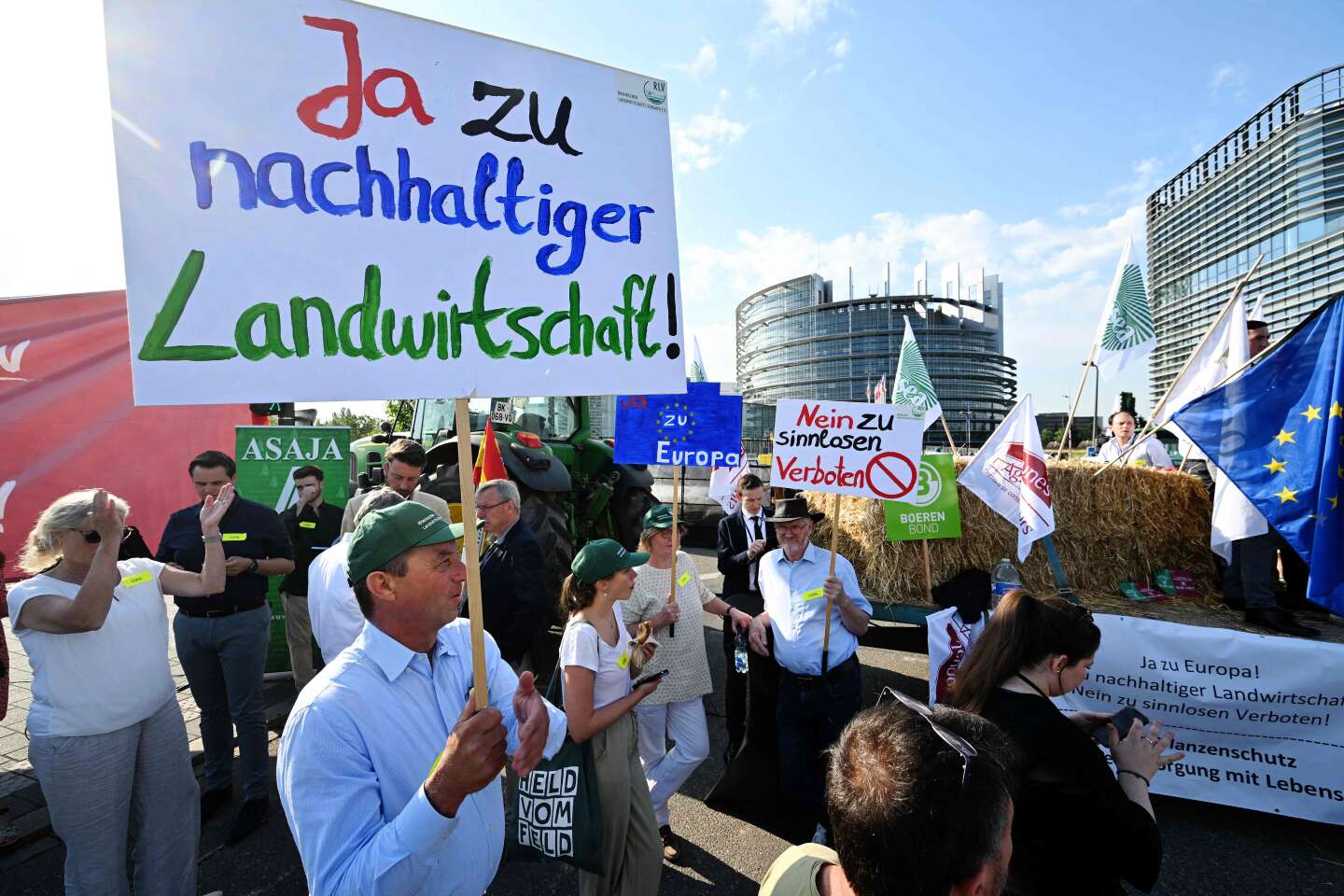
The European Union reaches an agreement on biodiversity

On Thursday 9 November, the European Parliament and EU member states reached agreement on a major legislative draft on nature restoration and biodiversity, which has stalled in particular on the issue of agriculture. The text requires member states to implement nature restoration measures on at least 20% of the Union’s territory and marine areas by 2030, according to the agreement. Press release from the European CouncilWhich represents the twenty-seven member states.
European lawmakers welcomed the agreement, which was reached before midnight after several hours of discussions that began Thursday afternoon, but critics pointed out that some elements had been watered down. “We can be proud of this historic result that sets ambitious rules that everyone can implement.”Pascal Canvin, head of Parliament’s environment committee, made the announcement on X (formerly Twitter). The Spanish Minister of Environmental Transition, Teresa Ribera Rodriguez, said ” proud “ of the law, “The first of its kind”. “It will help us rebuild healthy levels of biodiversity and preserve nature for future generations, while combating climate change.”She expressed herself.
The European Commission had proposed the text in 2022. The most important party in the European Parliament, the European People’s Party (right), had tried to abandon it earlier in 2023. Ahead of negotiations between member states and Parliament, the exercise had privately argued that the text It would undermine food security in Europe. Elected officials from left and center then accused the European People’s Party, which relies on agricultural votes, of using the legislative draft with a view to the 2024 European elections. But the party finally confirmed on Thursday with pride “Notable improvements” To the text “Significantly revised”such as removing “Commitment to rehabilitate 10% of agricultural lands”.
80% of natural habitats in the European Union are degraded
In terms of the Kunming-Montreal International Convention on Biological Diversity (COP15), legislation will require the 27 countries to restore at least 30% of affected habitats by 2030, then 60% by 2040 and 90% by 2050. Pollution, Urbanization and Intensive Exploitation: According to Brussels, 80% of the European Union’s natural habitats are in a state of protection “Bad or average” (peatlands, sand dunes and meadows in particular), and up to 70% of the soil is in poor health.
For Tatiana Nono, senior director of marine policy at environmental group Seas At Risk, it’s a deal “It falls far short of what is needed to address the biodiversity crisis, but for the oceans it is a crucial step towards restoring the precious marine life they support.”. “Although significantly weakened by the Council, the fishing provisions in the Act constitute an attempt to bring consistency between environmental and fishing policies, which should have been done a long time ago.”said Vera Coelho, Vice President of Oceania in Europe.

“Unapologetic pop culture trailblazer. Freelance troublemaker. Food guru. Alcohol fanatic. Gamer. Explorer. Thinker.”
